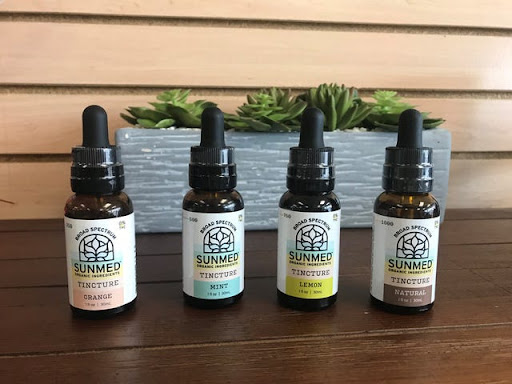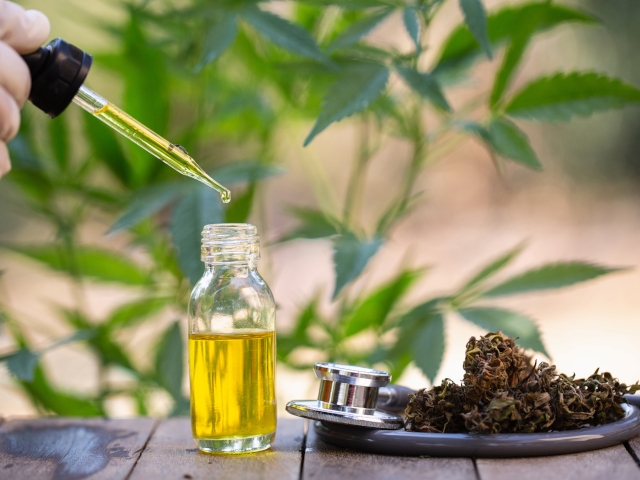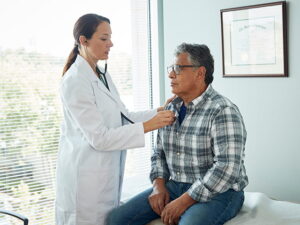Cannabidiol (CBD) has surged in popularity over the past decade, touted for its potential health benefits ranging from pain relief to anxiety reduction. However, one of the most frequent questions people ask is, “How do I determine the right dosage of CBD for me?” Finding the optimal dosage can be a bit of a trial-and-error process, as it varies based on several factors. This guide will help you navigate this journey and find the dosage that best suits your needs.
Understanding CBD and Its Dosage
CBD is a non-psychoactive compound found in hemp plants, particularly hemp. Unlike tetrahydrocannabinol (THC), CBD doesn’t produce a “high” effect, making it a popular choice for those looking to experience the therapeutic benefits of hemp without the intoxicating effects.
When it comes to dosing, there is no one-size-fits-all answer. The right dosage of CBD can depend on various factors, including:
- Individual Body Chemistry: Everyone’s endocannabinoid system is unique, affecting how CBD interacts with the body. This means that a dosage that works for one person may not work for another.
- Purpose of Use: The reason for taking CBD—whether for pain, anxiety, sleep issues, or general wellness—can influence the dosage. Different conditions may require different dosages.
- CBD Product Type: CBD is available in various forms, including oils, capsules, edibles, and topical applications. Each form has a different bioavailability and absorption rate, which can impact the effective dosage.
- Concentration of CBD: CBD products come in varying concentrations, and understanding the concentration is crucial in determining the correct dosage.
Starting Low and Going Slow
A common approach when starting CBD is to begin with a low dosage and gradually increase it until the desired effects are achieved. This method is often referred to as “start low and go slow.”
- Start with a Low Dose: Begin with a low dose, such as 5-10 mg of CBD per day. This allows you to gauge how your body responds to the compound without overwhelming it.
- Monitor Your Response: Pay attention to how your body reacts to the initial dose. Take note of any changes in symptoms or side effects. This monitoring period might last a few days to a week.
- Gradually Increase the Dose: If the initial dosage doesn’t yield the desired effects, gradually increase the dose by 5-10 mg every few days. This slow increase helps you find the optimal dose while minimizing the risk of side effects.
- Find Your Sweet Spot: Once you start noticing positive effects, or if you reach a dose where side effects become noticeable, you’ve likely found your optimal dosage. It’s essential to balance effectiveness with minimal side effects.
Factors Affecting CBD Dosage
Several factors can influence the ideal dosage of CBD:
- Body Weight: Heavier individuals may require a higher dosage to experience the same effects as lighter individuals. While this is not a strict rule, body weight can play a role in determining the right amount.
- Metabolism: People with faster metabolisms might process CBD more quickly, potentially requiring a higher dose to achieve the same results as someone with a slower metabolism.
- Severity of Symptoms: More severe symptoms or conditions might necessitate higher doses of CBD. For instance, someone using CBD for chronic pain may need a higher dose compared to someone using it for mild anxiety.
- CBD Tolerance: Regular use of CBD might lead to tolerance, where your body becomes accustomed to the compound, potentially requiring dosage adjustments over time.
Different CBD Forms and Their Dosages
CBD products come in various forms, each with its own dosing considerations:
- CBD Oil/Tinctures: These are among the most popular and versatile forms of CBD. They come with a dropper that allows for precise dosing. Dosages can vary widely depending on concentration. Start with a small amount (1-2 drops) and adjust as needed.
- CBD Capsules: Capsules offer a pre-measured dosage, making them convenient for those who prefer not to measure doses. Typical capsules contain between 10-50 mg of CBD.
- CBD Edibles: Gummies and other edibles come with a set amount of CBD per serving. While they’re easy to use, their effects may take longer to manifest compared to oils or tinctures due to digestion time.
- CBD Topicals: These are applied directly to the skin and are used for localized relief. Dosage can be less straightforward, as it depends on the concentration and the area being treated.

Consulting a Healthcare Professional
Before starting CBD, especially if you are on other medications or have underlying health conditions, it’s crucial to consult with a healthcare professional. They can provide personalized advice based on your medical history and ensure that CBD won’t interfere with any current treatments.
Potential Side Effects and Interactions
CBD is generally well-tolerated, but some individuals may experience side effects such as dry mouth, fatigue, or changes in appetite. Additionally, CBD can interact with certain medications, so it’s essential to monitor any adverse effects and discuss them with a healthcare provider.
Conclusion
Determining the right dosage of CBD is a personal journey that involves starting with a low dose, gradually adjusting, and paying attention to your body’s response. Factors such as body weight, metabolism, and the specific symptoms being treated all play a role in finding the optimal dose. By following a careful approach and consulting with healthcare professionals, you can effectively incorporate CBD into your wellness routine and experience its potential benefits safely. Be sure to visit their webpage to find recommended you read about the right dosage of CBD.




